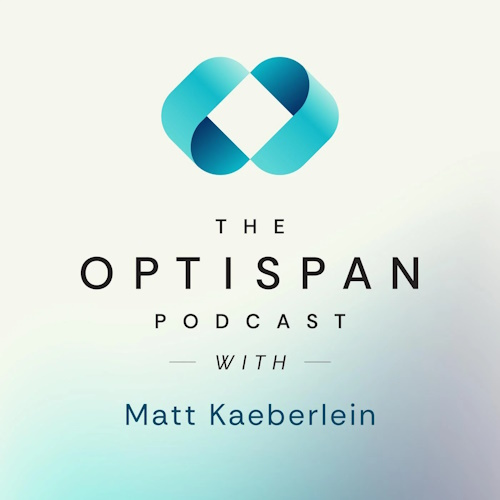A Longevity Breakthrough w/ Yamanaka Factor "Rejuvenation Cocktail?"
Matt and Nick react to Aspen Ideas Festival panel discussion
In June 2024, the Aspen Ideas Festival held a three-day health-focused event in which speakers discussed new breakthroughs, policy developments, and possible futures in healthcare. "You Can Live Longer!" was a panel discussion during the festival that consisted of Altos Labs founder and chief scientist Rick Klausner, Cradle CEO and cofounder and venture capitalist Laura Deming, BioAge Labs CEO and cofounder Kristen Fortney, and NPR News Food and Health Correspondent Allison Aubrey discussing developments in the longevity field.
In this episode, Matt and Nick react to the panel discussion and discuss the potential of epigenetic reprogramming for improving organ transplants and reversing organ aging, the limitations of current techniques, the relevance of aging models in disease research, and more.
Key points
The podcast recapped a recent panel in Aspen featuring prominent scientists Laura Deming, Kristen Fortney, and Dr. Rick Klausner, co-founder of Altos Labs.
Altos Labs: This company, funded largely by Jeff Bezos, focuses on rejuvenation technologies through epigenetic reprogramming using Yamanaka factors to potentially rejuvenate cells, tissues, organs, and possibly whole animals.
Organ Transplant Studies:
- Spanish Study: Researchers in Barcelona conducted experiments on organ transplants in rats, showing significant differences in survival and kidney function depending on the age of the transplanted organ.
- Rejuvenation Cocktail: Old rat kidneys treated with a rejuvenation cocktail (potentially including Yamanaka factors) for a short period before transplantation performed as well as young kidneys.
Yamanaka Factors:
- These are four transcription factors that can revert differentiated, aged cells to a more youthful, pluripotent state by modifying their epigenome.
- When applied to old organs, these factors can rejuvenate them, reducing negative health impacts when transplanted into young animals.
Longevity Implications:
- Epigenetic reprogramming shows promise in rejuvenating aged organs, potentially improving transplant outcomes.
- Despite these advancements, repeated treatments have not yet extended lifespan beyond 25%, suggesting limitations or the need for further optimization.
Use of Animal Models: The podcast emphasized the importance of using aged animals in research to better understand biological aging, noting that biological aging processes are conserved across species like mice, dogs, and humans.
Skepticism and Realism:
- While the potential of epigenetic reprogramming is exciting, the podcast cautioned against overhyping results without seeing the full data.
- Preliminary findings are promising, but it's essential to verify the reproducibility and effectiveness of treatments in large-scale studies.
Broader Impact:
- Exercise and healthy lifestyle choices are highlighted as proven methods to improve healthspan and potentially lifespan in humans.
- The podcast suggests a holistic approach, considering multiple factors like exercise, nutrition, and sleep for optimal health and longevity.
Future Directions:
- Further research is needed to understand why rejuvenated animals still have a limited lifespan extension.
- Upcoming studies, including an extensive end-of-life pathology in mice, aim to uncover the underlying reasons and improve the effectiveness of rejuvenation therapies.
Visit website: https://www.youtube.com/watch?v=V9bimtbVvTQ
See alsoDetails last updated 07-Aug-2024



